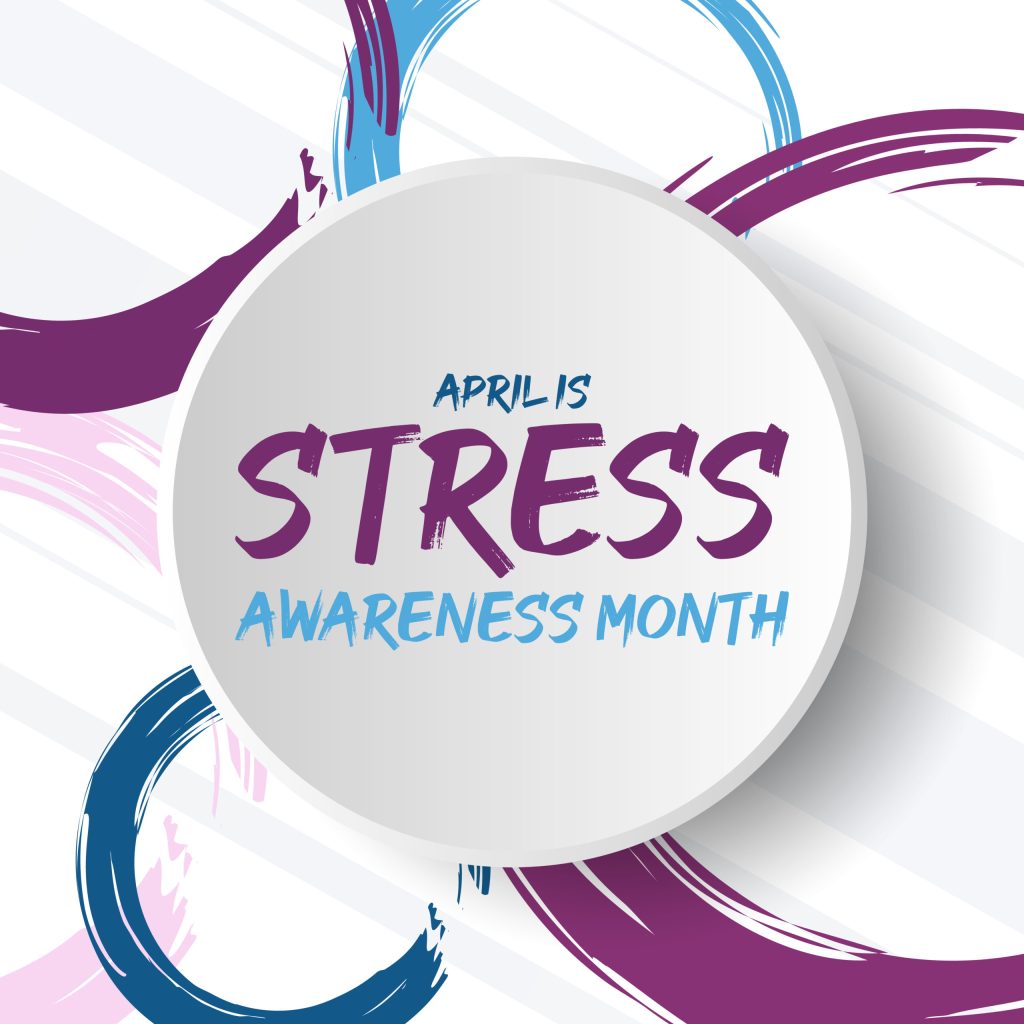Life can be full of challenges and stressors that can often lead to feelings of anxiety and overwhelm. With the fast pace of modern life, it’s easy to feel stressed out and anxious on a daily basis. However, one of the most effective ways to combat stress and anxiety is through regular exercise. Exercise has been proven to have numerous mental health benefits, including reducing stress and anxiety levels. In this article, we will explore how exercise helps reduce stress and anxiety, and how you can incorporate it into your daily routine for a happier, healthier life.
1. Exercise releases endorphins
One of the key ways in which exercise helps to reduce stress and anxiety is by releasing endorphins in the brain. Endorphins are often referred to as the “feel-good” hormones, as they can help to boost mood and reduce feelings of pain and stress. When you engage in physical activity, your body releases endorphins, which can help to improve your overall sense of well-being and happiness. This natural high can have a lasting impact on your mental health, helping you to cope with stress and anxiety more effectively.
2. Exercise improves sleep
Another way in which exercise can help to reduce stress and anxiety is by improving the quality of your sleep. Poor sleep is often linked to higher levels of stress and anxiety, as well as a range of other health issues. When you exercise regularly, you can improve your sleep quality, allowing your body and mind to recover and recharge properly. This can help to reduce feelings of stress and anxiety, and leave you feeling more refreshed and energized throughout the day.
3. Exercise provides a sense of accomplishment
Regular exercise can also provide a sense of accomplishment and empowerment, which can help to boost your self-esteem and confidence. Setting and achieving fitness goals can give you a sense of control over your life and your mental health, helping you to build resilience in the face of stress and anxiety. Whether you’re completing a challenging workout, running a new personal best, or simply sticking to your exercise routine, each small success can help to boost your mood and reduce feelings of stress and anxiety.
4. Exercise distracts the mind
When you’re feeling stressed or anxious, it can be easy to get caught up in negative thoughts and worries. However, physical activity can help to distract your mind from these intrusive thoughts and shift your focus to the present moment. Whether you’re going for a run, lifting weights, or practicing yoga, exercise requires your full attention and can help to break the cycle of rumination and worry. This can leave you feeling more relaxed and centered, reducing feelings of stress and anxiety in the process.
5. Exercise promotes social connection
Exercise is also a great way to connect with others and build supportive relationships, which can be key to managing stress and anxiety. Whether you join a group fitness class, a running club, or a sports team, exercising with others can help to combat feelings of loneliness and isolation, while providing a sense of camaraderie and belonging. Social connection has been shown to have a positive impact on mental health, helping to reduce feelings of stress and anxiety and improve overall well-being.
6. Exercise reduces muscle tension
When you’re feeling stressed or anxious, your body often responds by tensing up and holding onto tension in your muscles. This physical response to stress can lead to a range of physical symptoms, including headaches, back pain, and stiff joints. Regular exercise can help to reduce muscle tension and promote relaxation, helping you to release built-up stress and tension in your body. Whether you’re stretching, doing yoga, or engaging in strength training, exercise can help to soothe your muscles and leave you feeling more relaxed and at ease.
7. Exercise improves overall health
In addition to its mental health benefits, exercise also has a range of physical health benefits that can help to reduce stress and anxiety. Regular physical activity can improve cardiovascular health, strengthen the immune system, and promote overall well-being, which can have a positive impact on your mental health. When you’re feeling physically healthy and strong, you’re better equipped to manage stress and anxiety, and bounce back from life’s challenges with resilience and optimism.
In conclusion, exercise is a powerful tool for reducing stress and anxiety and improving overall mental health. By releasing endorphins, improving sleep, providing a sense of accomplishment, distracting the mind, promoting social connection, reducing muscle tension, and improving overall health, exercise can help you to cope with stress and anxiety more effectively and build a happier, healthier life. So if you’re feeling stressed out or overwhelmed, lace up your sneakers, hit the gym, or go for a walk outside – your mind and body will thank you for it.

